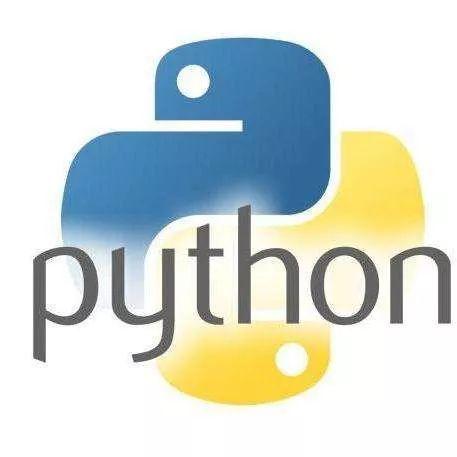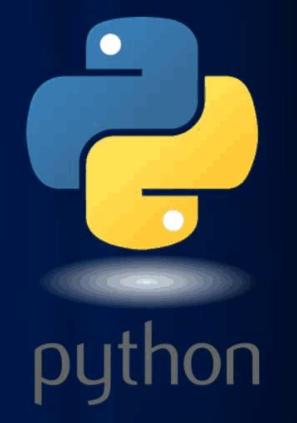Self-study is a very difficult thing. Many people do not have a strong sense of self-discipline in life, learning often give up halfway. And computer science is a very mentally demanding profession. If you want to learn computer well, you need to be taught by a teacher. And learn to study by yourself. Only in this way can I master more professional knowledge. Python is not new to every programmer. So how do you systematically learn Python by yourself? The following steps are worth learning from.

Start with a clear goal. Python is one of the hottest programming languages right now. And there's plenty of room for Python to grow in the future. If you decide to learn Python, you need to plan your career and set your learning goals.
You need to have a good learning plan for Python. Much of the work involves understanding what Python is and what you can do with it. Know what variables, algorithms, and interpreters mean. What are Python's basic data types, list and tuple manipulation methods. What are the string manipulation methods, and basic dictionary manipulation methods. Master the use of if, else, continue, and list derivations, as well as exception handling in sequences.
After looking at the basics work, try to do small projects to reinforce the basics. Through continuous learning to deepen the impression of learning, lay a solid foundation for later work. After practice, you can try to use keyword usage and function syntax, proficiency in OS, SYS, String modules and so on. Doing this will help you to strengthen your Python knowledge base. If you've laid the groundwork, you can try using Python development tools to solve some of the problems. If you don't have a project, you can do some exercises to improve your level.
Python libraries are the core knowledge of Python. Programmers can use the Python library to develop a variety of products and projects. And using Python to increase productivity. If you are proficient in Python, you can learn courses such as "Python Core Programming", "Python Network Data Collection", "Data Analysis with Python" and "Flask Web Development".

You need to plan your time. Minimize your life and create study time and downtime for yourself. Rest at a fixed time every day. Schedule appropriate work hours. In the case of a difficult course, the study time becomes longer. Learn how to adjust to change and overcome difficulties quickly.
Secondly, the accumulation of learning tools and materials. In sorting out the study course, it is necessary to sort out the relevant information in advance. You can download more materials to your personal USB drive through books, related websites and videos for later learning. Classify courses according to their difficulty to improve learning efficiency.
That's all for beginners on how to systematically learn Python by yourself. You can learn Python in a way that is consistent with your own habits and schedules.